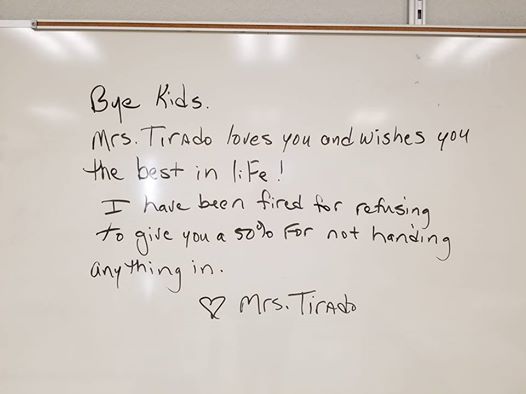
Last week a colleague told a story that touched on her fear of growing old. She was afraid that, after menopause, absent the influence of estrogen and progesterone, her brain would wither and she would become stupid (her word).
Age is the condition for which the word “surreptitious” was created.
It happens gently. The cashier rings our order without making eye contact, and we realize we’ve become invisible. Wait staff our own age call us “honey.” The young man at the hardware store points us toward the aisle instead of walking us there. We can be in denial about some of these at first. It helps us ease in.
New technology grows complicated, and we catch ourselves thinking, “Why can’t they leave well enough alone?” The sassy vulgarity that felt honest and lively in our mouths grows stale as we hear it repeatedly from others. New movies made for a younger demographic do not entertain. Late night talk shows feature people we’ve never heard of with nothing new to say. The music of our youth becomes background music at a restaurant.
Then we start losing words. The name of an acquaintance. The title of a book. A term that we know we know. We laugh and call it a “senior moment,” but every forgetting summons fears of dementia.
So we may not notice at first that the diminishing edge of intelligence is supplemented by the increasing support of memory and experience. Because we’ve seen them before, we recognize patterns and weak spots in policies and people. We’re better at anticipating and preventing, better at patience, better at protest. We know what chances are worth taking. We’re harder to gaslight, quicker to forgive.
And eventually we recognize that we’re ready to slow down, to focus more on our own agendas and less on some institutional one. Do things on our own terms. Break some different rules. We mean it when we say we want more time for family. We say some good-byes and make friends with words like “former” and “emeritus.”
The keen edge of intelligence wears down a bit then, when we stop needing as much of it. Here’s the best part, though: there’s enough. No need for fear. Embrace it – surreptitously if you must, but embrace it.



